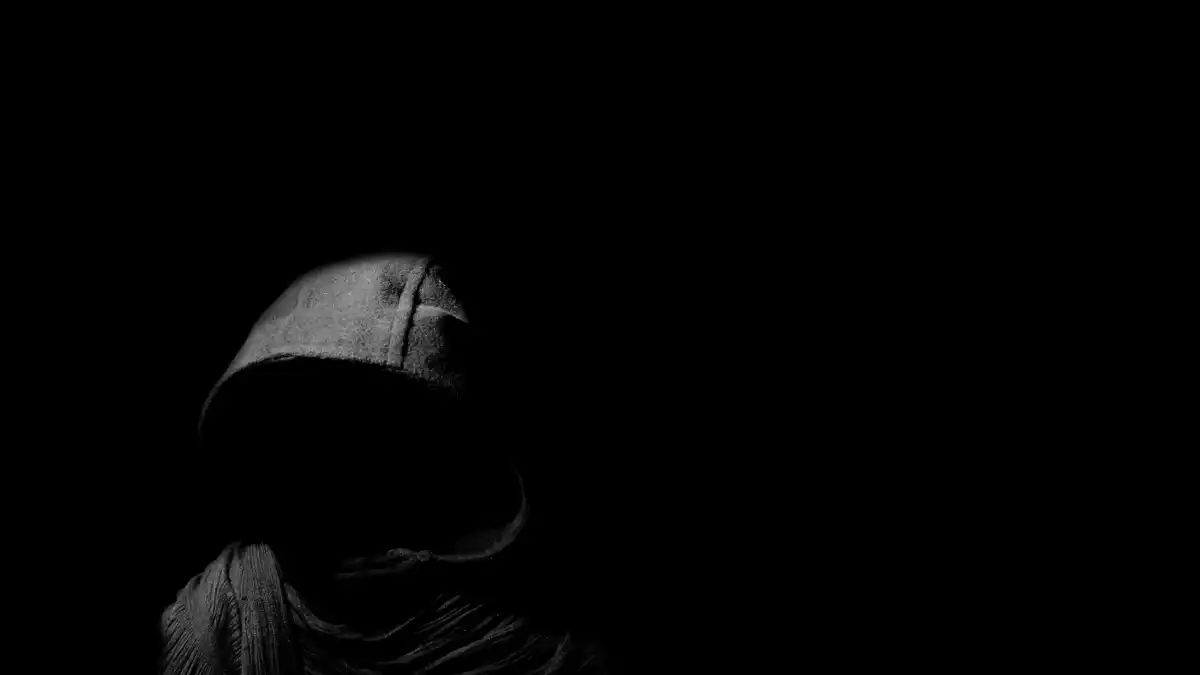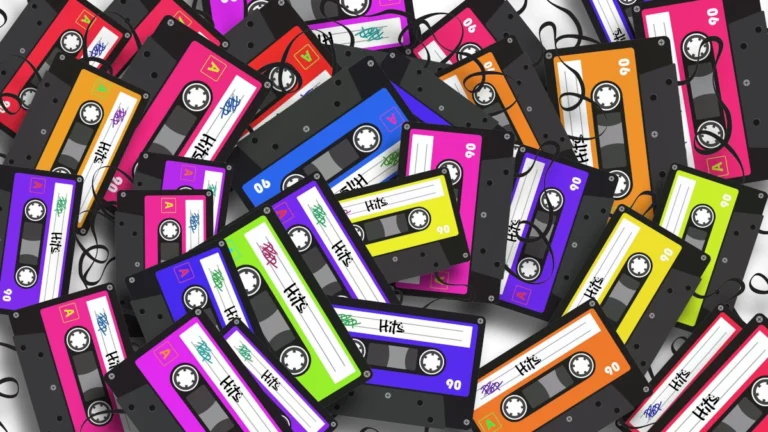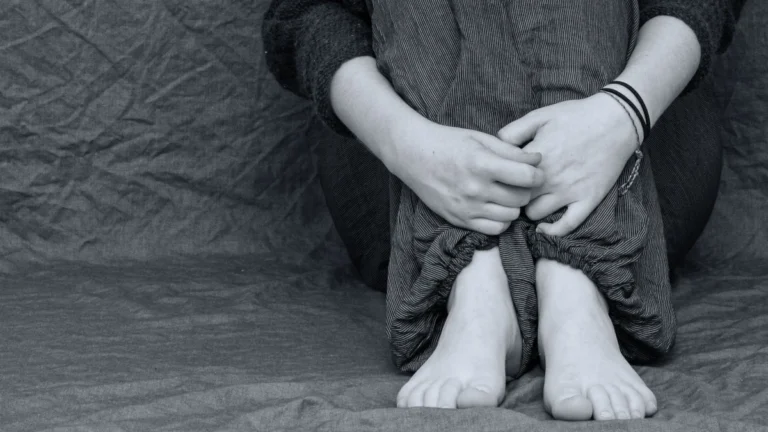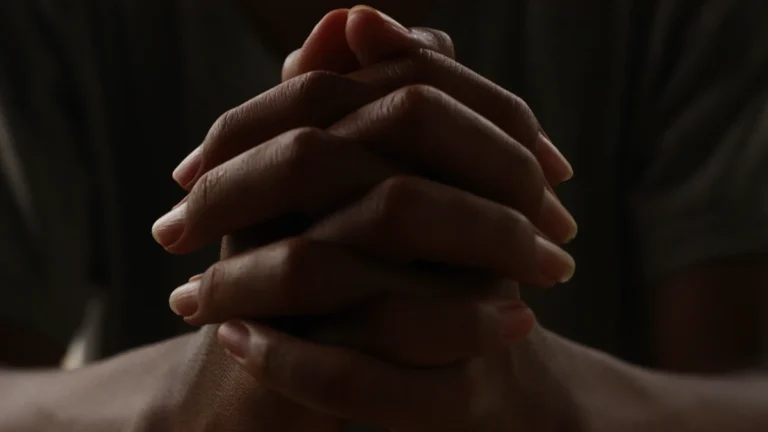Civilization runs on faith. Unfortunately, so do cults and Ponzi schemes.
In the 2001 movie Vanilla Sky, David Aames, the golden boy owner of a large publishing empire, sits in prison wearing a prosthetic mask—a literal façade for a life that has spectacularly derailed. The rot set in when he met the ravishing Sofia, while still entangled with Julie. His solution was as cowardly as it was classic: he decided to break up with Julie while they were in a car. She responded with the grace of a Shakespearean tragedy heroine, promptly crashing the car—killing herself and leaving him hideously disfigured. From there, his life didn’t just unravel; it pirouetted into the abyss.
Soon, reality began to disintegrate. Julie reappeared despite being dead. Events grew increasingly surreal until David lost his grip entirely. Then came the revelation: his body had been frozen in a “life extension” program, and everything he’d experienced since the crash was a dream gone feral.
In the end, David made the only real decision left to him: he chose to return to the living.
How many times over the past five—or more—years have you asked yourself if what we’re living through is, in fact, real? David had the luxury of an “off” switch; he could leap off the dream skyscraper and wake up. We have no such button. And I will spare you the pseudo-philosophical tedium of arguing whether we inhabit vats of goo, fed a never-ending simulation designed by some celestial lab technician.
This post first appeared in 2024, back when I still entertained hope that rational arguments might sway public sentiment. I’ve since remastered it—sharpened the edges, clarified the threat, and realigned it with the Grimwright ethos: use what works, discard the rest, and always—always—question the narrative. The date remains unchanged as a historical marker. The content does not.
From birth, we learn to use our senses to navigate the world. We grow up trusting those same senses to tell us what is real and what is not.
But here’s the question: how do you know what you know?
When you enter this world, you’re an epistemological blank slate. Your senses receive inputs, but you don’t yet know what to make of them. What you do know is what you’ve learned through personal experience: touch a hot surface, get burned, and file away the useful insight that pain is real. Be fed and cuddled by mum and dad, and you discover the warmth of human kindness. Go to kindergarten, get into scuffles, and learn that not everyone is nice—some are pint-sized tyrants in Velcro shoes.
These are direct experiences: raw, empirical, and mercifully free of PowerPoint presentations. You do something, something happens, and your brain carves a neat little groove in its understanding of the world. No higher cognitive fireworks required.
But the world soon grows more complex. Once you enter school, your conditioning begins in earnest—not because society is inherently malicious, but because human civilization is a labyrinth of interlocking abstractions. Understanding it demands layers of conceptual scaffolding.
Take nuclear physics. You can’t personally peer into the subatomic realm; you rely on what you’re told. Even the researchers at CERN must interpose colossal machines between themselves and the events they study. Those processes remain forever hidden from our sensory apparatus. All we get are numbers on a screen, and we trust those numbers because they stand atop a mountain of previous failures, refinements, and collectively agreed-upon truths.
Trust, in fact, is installed into us early. In a complex society, you simply can’t function without it. Our Paleolithic ancestors could rely on their senses; if the bush rustled, something either wanted to eat them or be eaten. Modern life, with its satellites and bureaucrats, doesn’t afford such clarity.
Before we learned to trust machines, we had to trust people. The moment you live in a village—or worse, a city—you must specialize. Specialization means outsourcing vital functions to others and trusting that they’ll do their part. Efficiency demands you stay in your lane.
When small villages turn into sprawling cities, hierarchies emerge. The smartest—or more often, the most ruthless—ascend to direct the fate of the masses. You’re no longer trusting a neighbour’s skill at tanning hides; you’re trusting distant strangers to keep the lights on, the water flowing, and the wolves (both literal and metaphorical) at bay.
In theory, this is fine. Modern civilization is built on trust: that the bus will arrive roughly on time, that your teacher isn’t feeding you nonsense, that the baker isn’t seasoning the bread with rat poison, and that the evening news isn’t pure theatre. Trust oils the gears of life; it makes existence not only possible but tolerable—even occasionally pleasant.
But travel to the developing world for more than a tourist weekend, and you’ll notice something: trust is in short supply. Services falter. Institutions wobble. The default setting is suspicion, and for good reason. While nobody in the West wastes a thought on whether electricity will flow when they flip the switch, in poorer countries power outages are as routine as sunsets. Argentinians and Turks have long since adapted to currencies that betray them daily. Their instincts are sharper than ours; they’ve been forced to remember what we’ve forgotten.
We live in high-trust societies, yet paradoxically, those who depend most on others for their survival are often exposed to the least trustworthy elements. This isn’t some cosmic joke; it’s the natural consequence of scale.
Allow me to elaborate.
Whenever masses depend on a system, opportunists crawl out from under their rocks to exploit it. Carlo Cipolla, the Italian economist, classified humanity into four groups. Two are beneficial to society. Two are detrimental: the bandits and the idiots.
Idiots harm society without personal gain, driven by a peculiar cocktail of delusion and misplaced zeal. Rational thought is not their strong suit. Fanatics, bureaucrats, moral crusaders—they fill this category in droves. Odds are, at least half the faces you see daily belong here.
Bandits, on the other hand, know exactly what they’re doing. They harm society and profit from it. Politicians are the obvious example. Many corporate managers could find a home here too. Their primary tool is the narrative: stories crafted to make the masses comply with policies that benefit the bandits themselves.
If these narratives were bound by empirical fact, their mischief would be limited. But here’s the catch: what counts as fact anymore? What are you allowed, supposed, or required to know?
Personal observation no longer suffices. You won’t fly to the Arctic to count polar bears yourself. You won’t personally recalibrate a satellite. You accept “facts” that are mediated, filtered, abstracted, often mathematically generated. The average citizen has no meaningful way to verify most of it.
Let’s be honest: most of what we’re told are “facts” is fundamentally unverifiable. When an authority declares a procedure “safe and effective,” you either trust or you don’t—but you can’t test it yourself.
We’re trapped in a paradox: modern life is impossible without trust, but blind trust is suicidal. The dilemma is exquisite.
I’ve been a sceptic since I struck out on my own as a teenager. I spent years in sketchy places, including live combat zones. People often ask how I survived. My answer never changes: a mixture of disciplined wariness and a dash of controlled paranoia.
As a young backpacker, I guarded my bags like a hawk to avoid becoming an unwitting drug mule. I kept my drinking restrained when I couldn’t vouch for my surroundings. I cultivated a low, unassuming profile. Was it overkill? Undoubtedly. But it kept me intact.
How, then, do we navigate a high-trust society without succumbing to naivety? We can’t live in zero-trust isolation. But we can learn to interrogate narratives rather than kneel before them. We can demand evidence that resonates with our personal experience and basic sensory reality.
If I’m told I’ve just lived through the warmest April on record while I’m reaching for my winter jacket, something isn’t matching up. The world itself becomes the fact-checker.
Not every narrative is a lie, but every narrative deserves probing. We’ll never have personal certainty about most of what affects us—but we can ask sharp questions. And when the answers are evasive, infantile, or both, we know rot is afoot.
This won’t change the world. It won’t topple narratives or avert disasters. But it will change your posture toward reality. It’s a psychological fortress, not a magic wand.And through it all, don’t forget: there’s still joy to be had. The real world—messy, unpredictable, occasionally cruel—is magnificent once you make peace with the fact that you can’t know or control everything. But you can ask. And that, perhaps, is the last luxury left.




